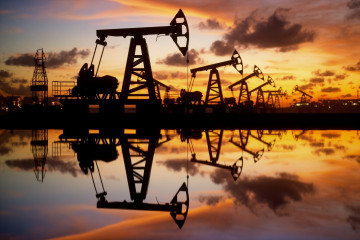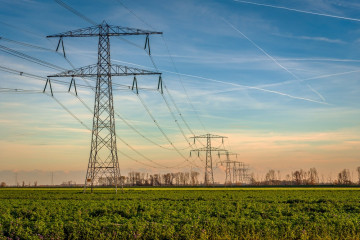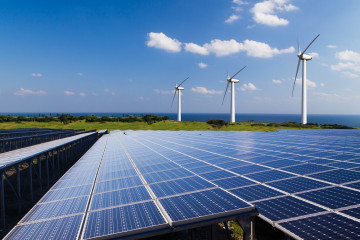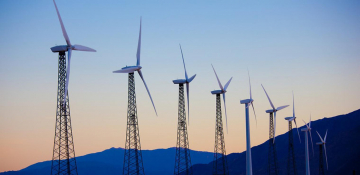Italy
Due to the ongoing conflict in the Ukraine, countries like Italy are now realizing how dependent on Russia for energy they are. Russia exports a significant amount of oil and natural gas to the European Union. The conflict also closed several Nuclear Power plants in Italy.
This crisis caused energy prices, including oil, methane gas, and electricity (mainly generated by methane gas) to soar. With inflation already at an all-time high, this is hurting citizen’s wallets across Italy.
This also led to an increase in the cost of production and transportation of goods across the global market, including European production facilities, agriculture, and other sectors. All of that may lead to production plants shutting down in the future due to the higher costs.
While ESG sensitive clients were already increasing their use of sustainable energy, the current crisis won’t be fixed in such a short time frame by private initiative. Most clients already implemented Energy Management Systems and installed solar panels. Other clients could consider assessing their assets to understand the real impact of energy costs on their businesses and look to install solar panels to cut costs.
Unfortunately, renewable energy isn’t running on a large enough scale in Europe yet, so the European Union can’t rely on it. Another issue is mainly associated with the way people live their lives currently. It’s hard to satisfy the current population’s habits, lifestyles, and expectations using only renewable energy. Things like people’s air conditioning needs, heating, meat production, transportation, general production, data centers, and even tourism can’t be covered by renewable energy alone at this point.
Current production practices for renewable energy still have a significant impact on the planet. For example, mining, construction, and transportation of the required metals and elements for things like electric car batteries, exhaust solar panels, windmills, and more still have a negative impact on the environment. On top of that, many of these materials can’t be easily recycled or reused right now, so waste management is another problem.
The silver lining in this crisis is that the European governments are currently supporting the creation of more renewable energies including solar panels, wind farms, and hydrogen transportation. However, this process will take years to ramp up. Governments are also signing contracts with alternative methane gas producers, which is a good sign.
Want to Learn about the Impacts on Other European Countries?
Italy is just one of the countries seeing significant impacts from the energy crisis. To learn how Germany, France, Austria, and the UK are dealing with this crisis, check out the full blog here from Inogen Alliance.
To learn more about energy transition for your business, check out our Energy Transition services at Antea Group.







